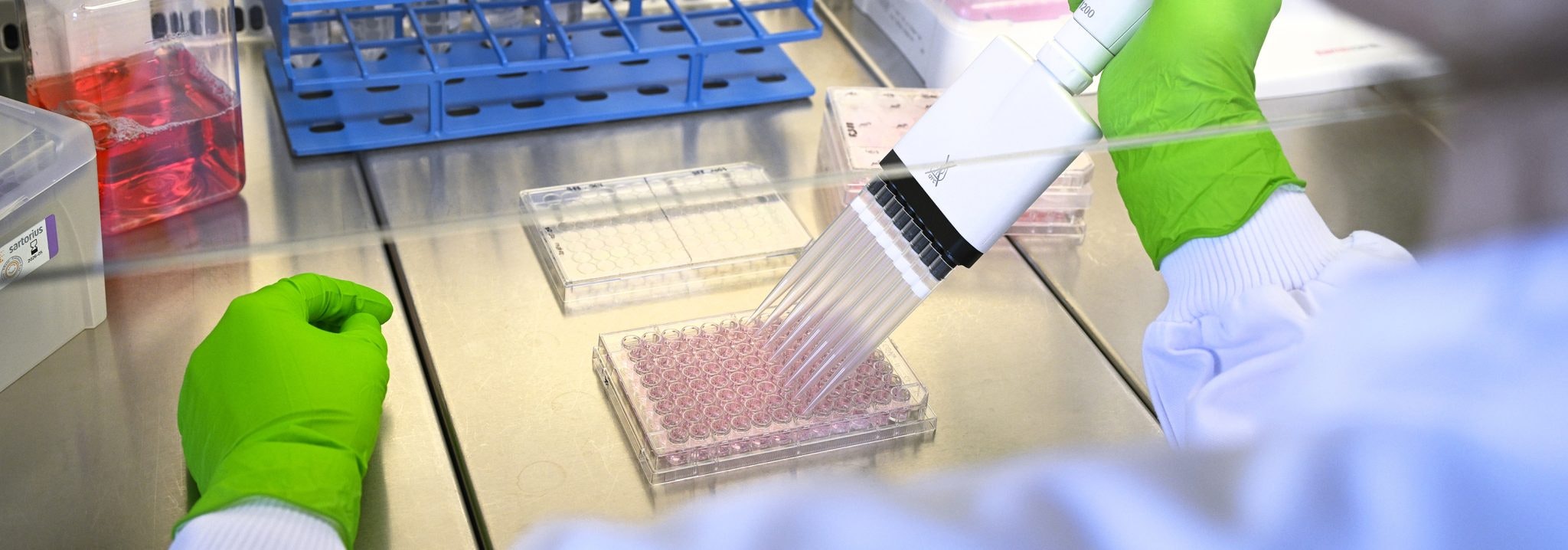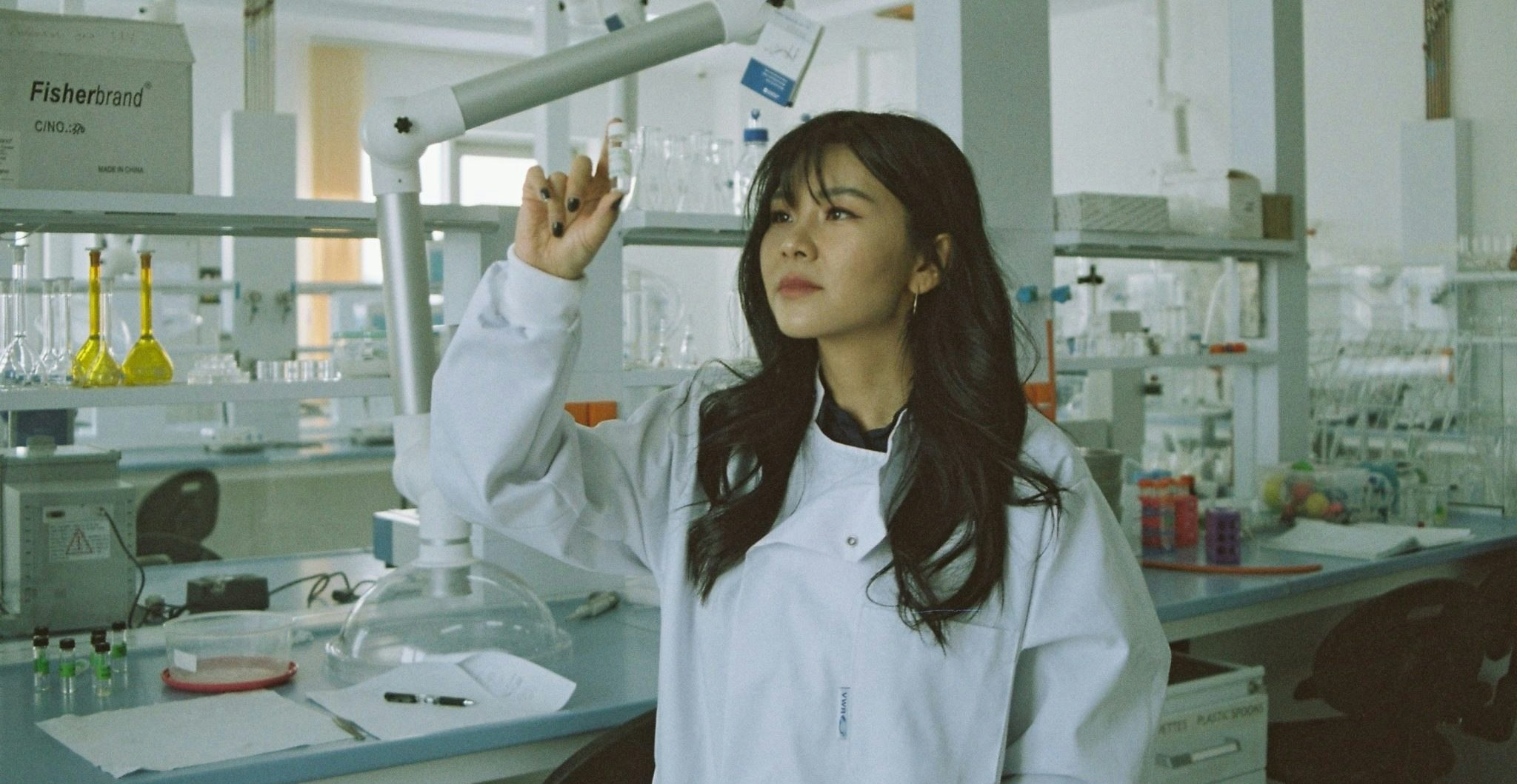Half a century ago, research into the use of psychedelic drugs to treat mental health disorders was made illegal in the US and most of the world amid a moral panic about the use of drugs in 1960s counterculture.
Today there is a growing number of biotech companies not only producing promising research in the field, but also attracting huge interest from investors, with three going public on major US stock exchanges over the past year.
On Friday, Berlin-based Atai Life Sciences became the latest, raising $225m in fresh money after pricing its shares on the top end of the range, listing on the New York Stock exchange at a valuation of $2.6bn. The shares rose as much as 40% in early trading.
Coming on the heels of debuts by MindMed and Compass Pathways, the Atai deal underscores growing investor interest and the move into the mainstream of what until recently was seen as a fringe area of medicine.
It comes as the last few years have seen a renaissance in psychedelic research and a mounting body of evidence that psychedelics could be effective in treating conditions such as post-traumatic stress disorder, addiction and depression.
Following the Atai IPO, Sifted spoke to the company’s founder and chairman Christian Angermayer.
Simple question first – why now?
Unfortunately, mental health issues like depression, addiction, PTSD and anxiety are one of the biggest problems of our time. More than 1bn people globally suffer from one of more of these indications. And that’s just the official number, the unofficial one is most likely significant higher, as it is still a stigmatized topic. On top of this, there are millions more family members, caregivers, friends and professionals affected by this crisis. All these people deserve new options for help and healing.
Why has there previously been so little innovation?
One reason is that just over the last years, we have started to understand how our brain works, and that helps us to design and develop compounds with potential to be both effective and safe better than we could have done let’s say 10 years ago. And then there was the blockade in many peoples’ minds, who – due to the political scaremongering of the 1960s – had either forgotten or ignored that psychedelics remain the most promising solution for many of these issues.
How does it work? Can we just pop some psychedelics and depression goes away?
We do not treat these compounds lightly: such powerful substances must of course be taken under strict medical or psychological supervision. But then they have indeed curative potential. Atai is working on making certain psychedelics legal again as drugs to be taken under medical supervision. We do not advocate that psychedelics should be freely available. They are too powerful for that, and people could misuse them.
If taken under supervision, do you see any risks?
There are numerous studies that go back to the 50s. Many come to the same conclusion: when taken in the right medical and therapeutic settings, psychedelics present limited risks and side effects but great potential.
How did you come across the subject?
Atai is founded on my own psychedelic experiences. Years ago, I was lucky enough to bump into Prof. Rainer Spanagel, one of the most famous German neuroscientists. I told him that I have always been very happy and content, and that I had never smoked, never ever drank alcohol, but was wondering if there were actually any substances that would have tangible upside for me. He referred to an impressive study by Professor David Nutt from Imperial College London, which evaluated all legal and illegal drugs according to their overall risks to the user. First and most dangerous was alcohol, worse even than heroin. And last, and least risky, were magic mushrooms.
Why did you decide to have a psychedelic experience yourself?
It took me a while, and despite understanding that there was little downside, I did not feel the need; I was, as said, always very happy, so I wasn’t looking to “fix” anything. Then – you might call it fate – came the most important day of my life: I was in the Caribbean with my close friends Julian Morris and Landon Ross. They had sourced magic mushrooms locally and because I already knew so much about them, and Julian and Landon reassured me of both the potential and the non-toxicity, I said: “Okay, I’ll try it”. And it was the single most meaningful thing I have ever done in my entire life. Nothing else comes close. I will be eternally grateful to my two “shamans”. The next day, my entrepreneurial mind kicked in: if these drugs do give me, a happy person, so much additional happiness, I could clearly see how they could help people in need.
In the 60s Timothy Leary tried to propagate psychedelics in the hippie world and failed pretty badly. Are you going to be the new Timothy Leary?
I consider myself an anti-Timothy Leary. He made the mistake of presenting psychedelics as an alternative to society. To me they are a purely medical product that belongs right in the middle of society. These compounds are not for one group of people; they have nothing to do with your politics or the clothes you choose to wear. I believe they are powerful medicines with enormous potential to help those in need.
Some people – and I also heard you doing so – describe that these drugs evoke a spiritual, mystical experience. If these substances have a religious character, is it right to make money with them?
I am personally on the very spiritual side of the spectrum and do believe in the mystical side of it. It is precisely because these substances have the potential to have such enormously positive effects that they should be made available to those who really need it. And these are the people suffering. And that can only happen if we put them through the rigorous drug approval process and see whether they meet the highest scientific standards of safety and effectiveness.
How do you see the competitive landscape evolving?
ATAI is the market leader. Part of building a biotech company is securing your assets by patents and intellectual property rights, which we have done. Atai owns the IP around all relevant psychedelics which from our point of view make sense commercially within the medical world. Hence, I see limited competition on the drug development side. I do see however great potential for entrepreneurs in the wider ecosystem around us, for example those establishing and running clinics, developing cool ancillary tech solutions etc.
How was your IPO met by institutional investors? Any reservations because of the spicy topic?
To the contrary. I am very proud that we had interest from all kinds of pockets of investors: from specialized biotech funds, to large mutual funds, endowments, and especially a lot of ESG funds. They all understood that this is not some fringe hippy project: we are a grown-up biotech company with a world-class team and a serious – and seriously impactful – mission.
What’s your 10-year vision?
We are living in and building a world which is very harmful to our minds. This is why mental health disorders are so much on the rise. If we don’t find solutions, this problem has the potential to make society explode on many levels. I am deeply convinced our drug candidate pipeline contains potential solutions, and we are committed to end the mental health crisis once and for all.



